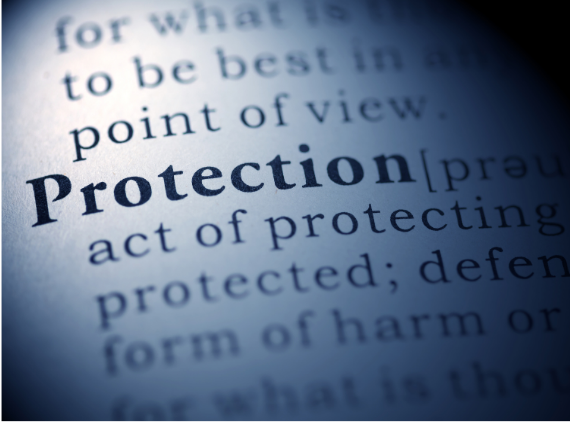What is the Difference between an Executive Protection Agent and Bodyguard?
When it comes to personal security, two terms frequently appear: bodyguards and executive protection agents (EPAs). Although protecting people is the goal of both positions, their methods and skill sets are very different. It’s essential to understand what is the difference between an executive protection agent and bodyguard in order to select the best protection for your individual requirements.
The Storm's Shield
A bodyguard is an expert in close protection techniques and a highly trained member of the security industry. Their main goal is to reactively provide their clients with physical security. Consider them as the storm’s barrier, prepared to ward off any impending danger. Bodyguards, who frequently come from the military, law enforcement, or martial arts, are skilled at:
Threat Detection
Bodyguards serve as human radar, keeping an eye out for unusual activities, evaluating possible dangers in light of the client's circumstances, and even using covert surveillance.
Techniques for De-escalation
Bodyguards are experts at reducing tension. To stop violence, they employ nonverbal clues including composed posture, clear communication, and conflict resolution techniques.
Close-quarters combat (CQC)
Trained in CQC as a last resort, bodyguards are able to neutralize threats fast and effectively with the use of disarming methods, restraints, and unarmed combat.
Agents of Executive Protection
Risk assessment
The process of examining circumstances and locating possible weak points.
Threat Detection
The proactive identification and reduction of possible threats.
Intelligence gathering
Establishing networks and carrying out investigations to find hazards.
Emergency Planning
Creating backup plans to deal with urgent circumstances successfully.
Logistical expertise
Organizing safe transportation, lodging, and assistance personnel.
Discretion and Demeanor
Keeping a tactful and discreet presence from others.
Choosing the Right Protection
What is the difference between an executive protection agent and bodyguard?

Threat Level
Hiring a bodyguard could be a wise move if you're at a higher risk of being physically harmed. However, an EPA is advised for a more thorough security approach.
Lifestyle and Travel
An EPA can guarantee your safety on your travels if you travel regularly or partake in high-risk activities.
Reputation Management
An EPA can put policies in place to protect your reputation if you're worried about how the public will see you.
Corporate Security Needs
For strong security solutions, companies confronting risks such as industrial espionage or cybercrime should think about collaborating with an EPA business.

